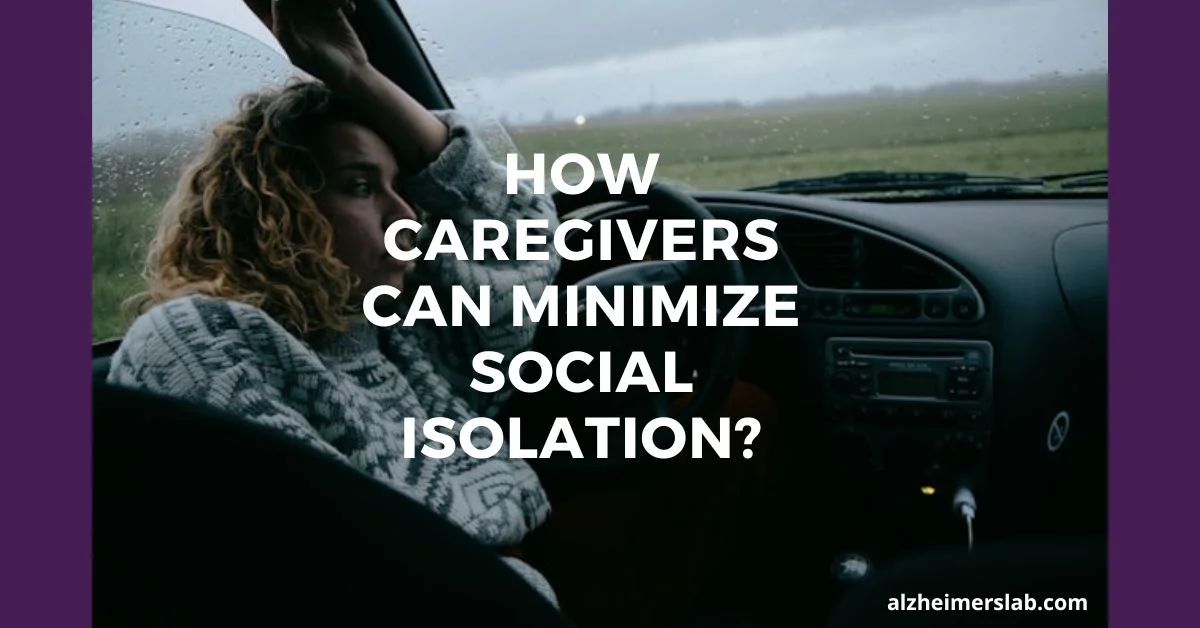How Caregivers Can Minimize Social Isolation?
Social isolation can be a tough road, especially for caregivers. When you’re busy taking care of others, it’s easy to forget about yourself. But feeling isolated can sneak up on you, affecting your mental and physical health. So, let’s talk about how caregivers like you can tackle this challenge head-on.
How Caregivers Can Minimize Social Isolation?
Reach Out to Friends and Family
Don’t hesitate to lean on your support network. They’re there for you, even if you haven’t talked to them in a while. Pick up the phone, send a text, or schedule a coffee date. Connecting with loved ones can lift your spirits and remind you that you’re not alone.
Join Support Groups

You might think you’re the only one going through this, but you’re not. There are plenty of other caregivers out there facing similar challenges. Joining a support group can provide a sense of belonging and understanding. You can share experiences, exchange advice, and gain valuable insights from others who truly get it.
Take Breaks

It’s okay to take a break from caregiving duties every now and then. In fact, it’s essential for your well-being. Whether it’s a short walk outside, a hobby you enjoy, or a relaxing bath, make time for yourself. Taking breaks helps prevent burnout and gives you a chance to recharge.
Explore Community Resources
Look into what your community has to offer for caregivers. There may be local organizations, workshops, or events designed to support caregivers like you. These resources can provide valuable information, practical assistance, and opportunities for social interaction.
Utilize Technology

In today’s digital age, technology can be a lifeline for staying connected. Use video calls, social media, or online forums to stay in touch with friends, family, and other caregivers. Virtual connections may not replace face-to-face interaction, but they can still provide a sense of companionship and support.
Dangers of Social Isolation for Caregivers

Feeling isolated isn’t just lonely; it can also take a toll on your health. When you’re socially isolated, you’re more likely to experience stress, anxiety, and depression. Your physical health can suffer too, with increased risk of conditions like high blood pressure and heart disease. Plus, isolation can make it harder to cope with the demands of caregiving, leading to burnout and resentment.
Without a support system in place, caregivers may struggle to find relief from the constant demands of their role. They may feel overwhelmed, exhausted, and trapped in a cycle of caregiving with no end in sight. Social isolation can worsen these feelings, creating a sense of hopelessness and despair.
I Can’t Help Myself. I Feel Isolated. Who Should I Consult?
If you’re feeling isolated and overwhelmed as a caregiver, it’s important to reach out for help. You don’t have to navigate this journey alone. Start by talking to your family doctor or a mental health professional. They can offer support, guidance, and resources to help you cope with your feelings of isolation.
Additionally, consider reaching out to local organizations or support groups for caregivers. These groups can provide a sense of community and understanding, as well as practical assistance and resources. Remember, it’s okay to ask for help and take care of yourself. You deserve support just as much as the person you’re caring for.
In conclusion, social isolation is a common challenge for caregivers, but it’s not insurmountable. By reaching out to friends and family, joining support groups, taking breaks, exploring community resources, and utilizing technology, caregivers can minimize feelings of isolation and find the support they need to thrive. If you’re struggling, don’t hesitate to seek help from doctors or local support networks. You’re not alone on this journey.

